Are you spending time and resources promoting your content on Facebook, Twitter, and other social networks in the hopes of boosting your search engine rankings?
Did you know that some experts would call that a waste of time?
The relationship between social media and SEO isn’t at all clear-cut… but it does exist, and it can help you rank #1 if you understand it.
In this guide, we’ll share the latest advice on the relationship between social media and SEO, and what you need to do to get search ranking benefits from your social presence (spoiler – it may not be what you think). By the end, you’ll be able to manage social media in the best way to bring a steady stream of leads to your website.
Recommended Resource Need more website traffic? Learn how to rank #1 on Google with our Ultimate Guide to SEO in 2018.
Is Social Media an SEO Ranking Factor?
Before we get into the social media SEO tips, let’s clear something up.
According to Google, social media is NOT a direct SEO ranking factor.
End of story?
Not quite – as we said, it’s a bit complicated.
Actually, there’s plenty of evidence that social signals such as likes and shares ARE related to your ranking… somehow.
You can see it here for yourself. On average, the higher a website in search results, the more of a social presence that website has, as you can see in Cognitive SEO’s graphic:
Despite what Google says, Searchmetrics’ white paper on ranking factors is clear:
The correlation between social signals and ranking position is extremely high.
We’ll look at some of the reasons why in the next section of this guide.
Side note: There’s one more thing to know about social media and SEO ranking. Though it often seems like it, Google’s not the only game in town when it comes to search.
Statista shows that while in 2017, Google dominated with 63% of US search queries, Bing handled about 24%, which is pretty respectable.
This matters because if you care about search traffic from Bing, then you will definitely need to optimize your social media presence.
That’s because social likes and shares ARE a direct ranking factor for Bing.
But if they’re not for Google, what’s up with that correlation? Let’s take a closer look…
Social Media and SEO Rankings: What’s the Connection?
If you take Google at their word, correlation doesn’t mean causation… at least, directly.
But indirectly is another story.
Social media may not be a ranking factor for Google, but it can amplify the ranking factors that Google DOES consider.
Here’s why: Social media is built for mass sharing.
That’s how social media affects SEO because all of this sharing adds up to more visibility for your content.
If lots of people share your content on social media, then it’s likely more people will link to it, and links ARE a hugely important SEO ranking factor.
Here’s an example of this in action. Matthew Woodward found that content that was shared thousands of times on Facebook helped a company achieve two top 10 search positions for the target keyword (“unhealthiest foods”), including an answer box. That article is also cited by multiple other sites looking for definitive information on the topic.
Now that you’ve seen the importance of social media in SEO, let’s take a look at some actionable steps you can take to optimize your social media marketing to boost your visibility.
Optimizing Social Media for SEO
If you want to get SEO benefits from your social media marketing, then you’ll need to optimize your presence for maximum visibility. Here are some tips on how to do it.
1. Optimize Your Social Media Profiles
First, optimize your profiles. If you’re using multiple social media sites, have a consistent image across all of them for better brand recognition. Make sure your bio is relevant to your business while still being interesting enough to attract attention.
Include a relevant link. This’ll likely be to your website, but could also be to your email newsletter signup page, a marketing campaign via a MonsterLink™, or your lead magnet.
2. Post Updates Regularly
Second, make sure your social media account is active. That means posting regularly. A regular posting schedule varies according to the network. On Twitter, it’s common to post multiple times daily; but that would be seen as excessive on LinkedIn.
Related ContentHow to Make Money on Twitter: 9 Twitter Monetization Tips
3. Improve Your Social Updates
If you want your social media updates to spread like wildfire, it’s crucial to optimize them for shareability.
That means…
- crafting irresistibly viral headlines
- using eye-catching images
- explicitly asking for the share
Research shows this significantly increases the chances that people will respond positively.
Use Buzzsumo to find out what’s worked in the past by searching for your content keyword. You’ll see a list of the most shared content overall, and you can sort by platform to see what works on your preferred social media site.
One question people often ask is: do hashtags help with SEO? The answer is yes because hashtags are essentially keywords. They help you to categorize your content and help social media users find it.
Be careful with hashtags, though; hashtag use varies from platform to platform. On Facebook, you hardly use them at all, while on Instagram, they are everywhere!
4. Optimize Your Website Content for Social Sharing
You can also do some optimization on your website to encourage visitors to share your content.
Create high-quality, shareable content, ensuring you optimize content keywords, headlines, copy, and your call to action.
You’ll want to look after images, too, as these are proven to boost social media engagement.
And it’s wise to add social sharing buttons to all your content – the easier it is to share, the more likely people will do it.
You can boost your visibility even more by including videos in your content mix. YouTube is the world’s second-biggest search engine, trusted by many to deliver reliable information.
Videos also show up in search results. So, even creating promotional content for your brand and sharing it on social media can lead to links and coveted top 3 search positions.
5. Add a Social Media Feed to Your Site
Another way to boost your SEO is by embedding a social media feed on your website. You can easily do this with a plugin like Smash Balloon.
Smash Balloon offers the best social media feed plugins on the market. With Smash Balloon, you can easily embed a Facebook, Instagram, Twitter, or YouTube feed anywhere on your WordPress site.
What makes Smash Balloon stand out among other social media plugins is that it’s fully optimized for SEO. Unlike other plugins, Smash Balloon doesn’t use iframes. Instead, they embed the content directly onto your web page.
This means that Google can read your social media feed content and treat it like it’s a blog post, which can improve your SEO rankings.
Plus, you can keep your website automatically updated with fresh, relevant content to encourage people to stay on your website longer, another factor that can give you a boost in rankings.
6. Engage and Amplify
Finally, know that social media and SEO isn’t a set it and forget it strategy. The best way to ensure you get the maximum SEO benefits from your social media presence is to BE present to engage with your content and amplify its success.
Some ways to do that include:
- Earning links by mentioning and connecting with influencers in your content, and in the related social media posts, as shown in the LinkedIn update above. You can use Klear to find influencers to cite.
- Paying attention to local marketing, for example by sharing local-related content and finding local influencers.
- Being responsive to reviews, comments, and shares. Your responses will help social media algorithms recognize that the content is active, which improves its potential reach.
- Take part in conversations on your particular platform. Twitter chats can help raise your profile and attract more eyeballs to your content.
- Keep your content coming. Social media is a fast-moving platform, and updates soon disappear from view. Running a drip campaign with a social media tool like Missinglettr can help keep your content visible and shareable, which is great for SEO.
That’s it! Now you know how social media and SEO work together, check out our tips on SEO for lead generation and conducting an SEO audit of your content. Or, take a look at these social selling statistics to see how your social media marketing is performing.
Not sure where you need to be on social media? Check out our guide to the best social media platforms for business.
And don’t forget to follow us on YouTube, Twitter, and Facebook for more guides and tutorials.


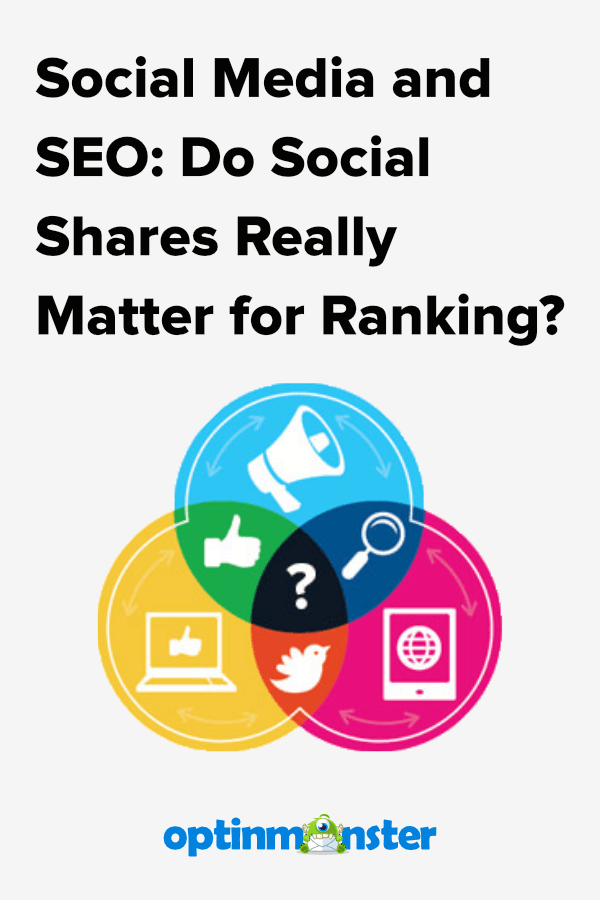
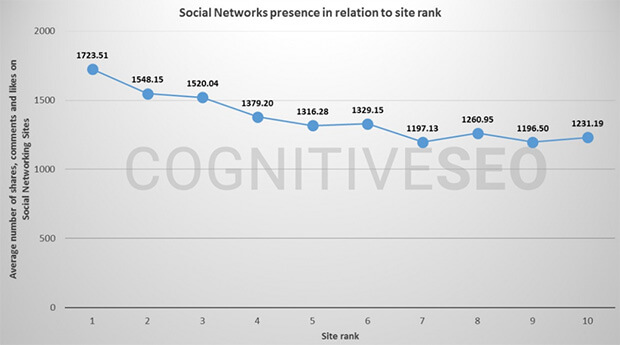
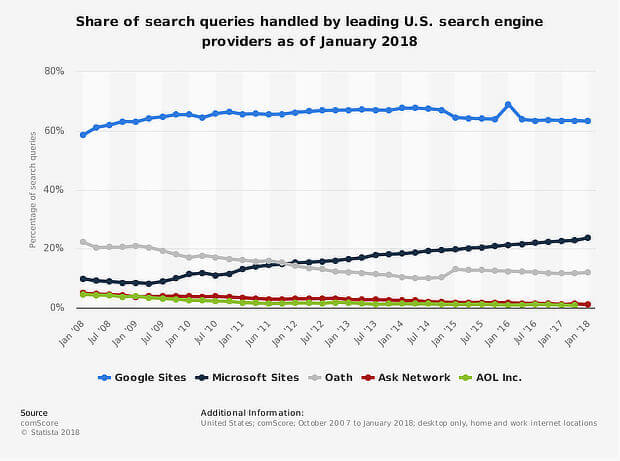
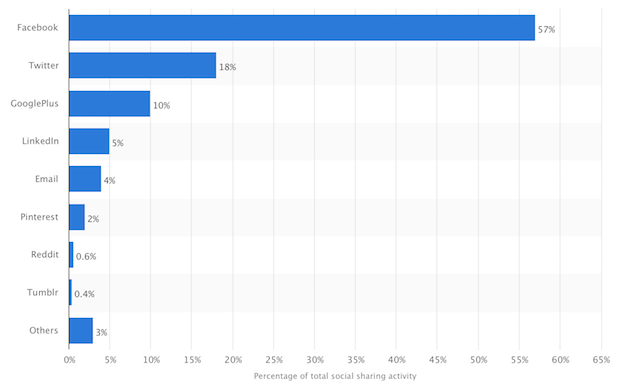
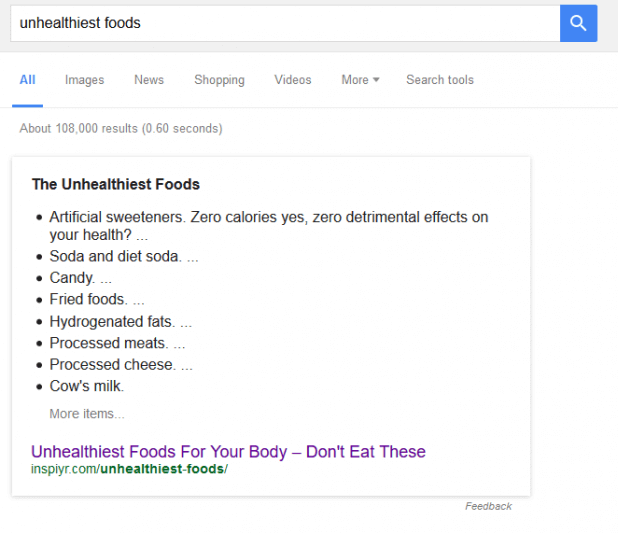
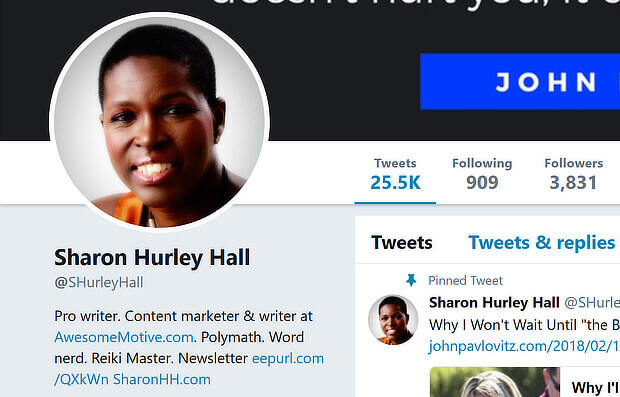
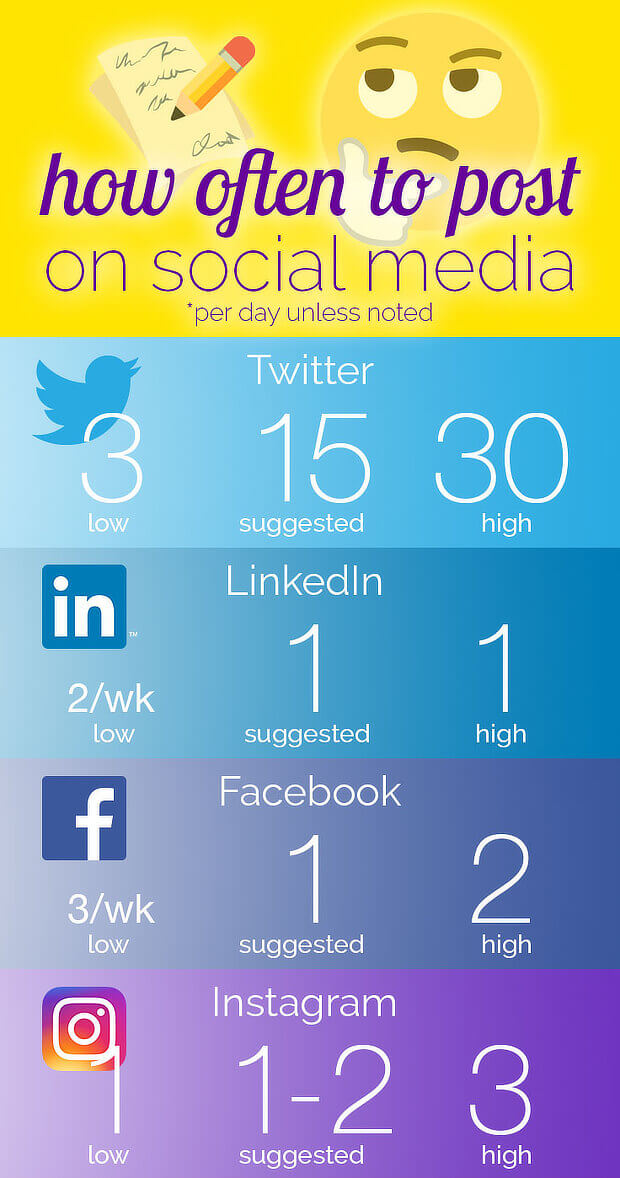
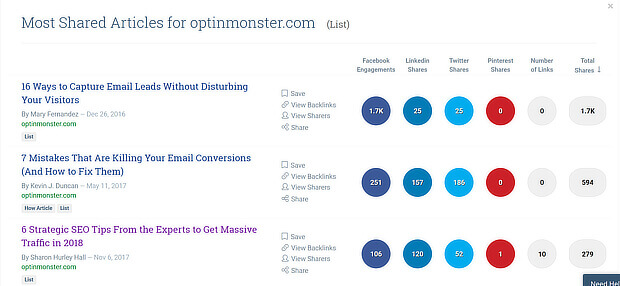
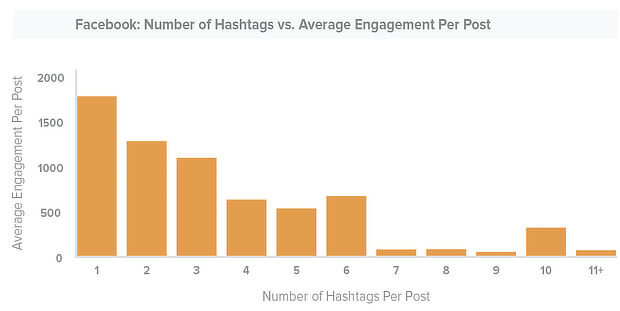
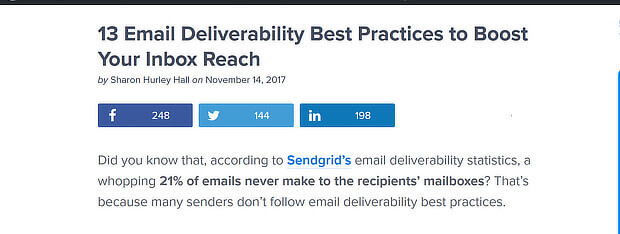
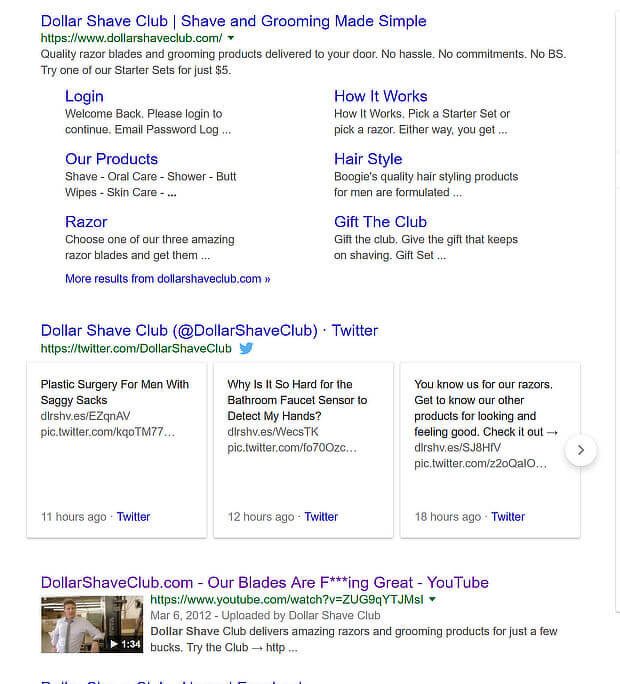
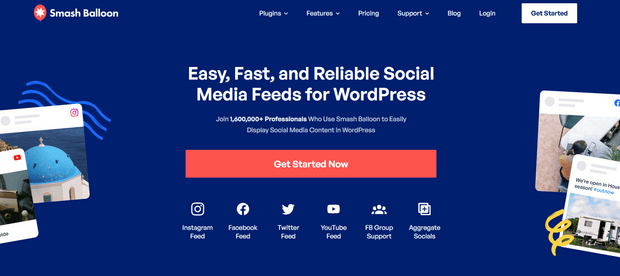
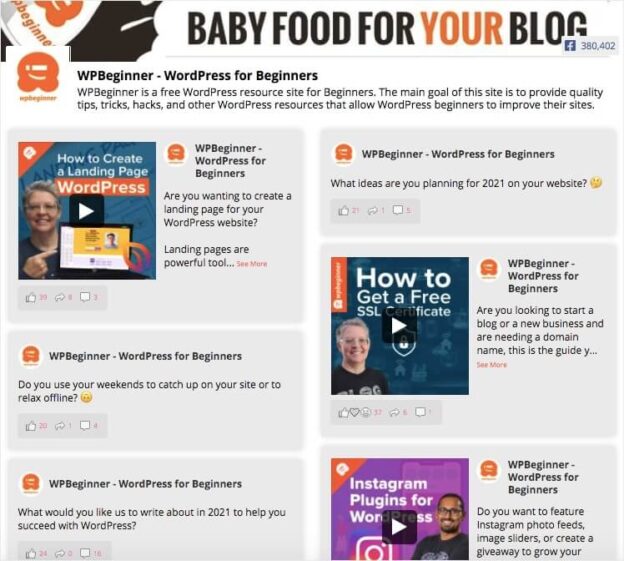
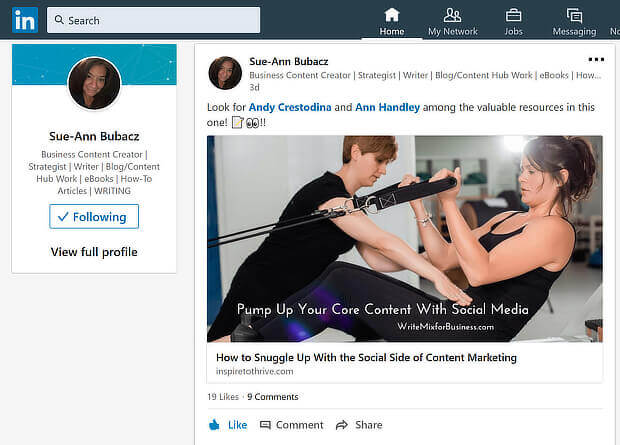

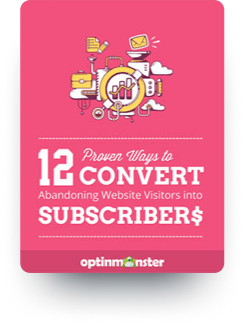






Add a Comment